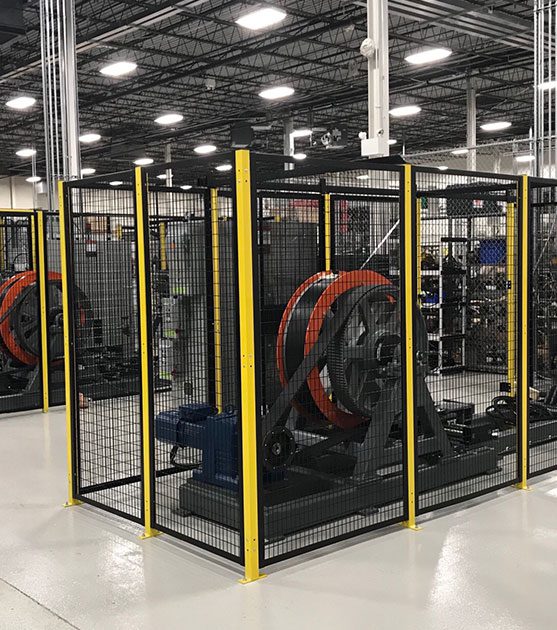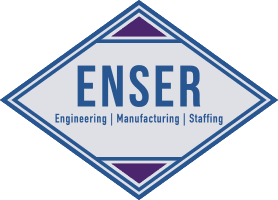TESTING EQUIPMENT in PHILADELPHIA
Testing equipment in mechanical engineering refers to specialized tools and instruments used to assess the performance, quality, and functionality of mechanical components, materials, and systems. These devices are designed to measure various parameters, conduct experiments, and evaluate the reliability and safety of mechanical engineering projects. Testing equipment plays a critical role in ensuring the integrity and compliance of products and processes with industry standards and specifications.

EXAMPLES OF TESTING EQUIPMENT AND THEIR APPLICATIONS
TENSILE TESTING MACHINE
Tensile testing machines are used to determine the tensile strength and elasticity of materials, such as metals, plastics, and composites. They subject specimens to controlled tension until they break, providing valuable data for material selection and quality control in industries like aerospace, automotive, and construction.
HARDNESS TESTER
Hardness testers assess the hardness or resistance to deformation of materials. Common types include Rockwell, Brinell, and Vickers testers. These instruments are crucial for ensuring the durability of metal components in manufacturing, tool design, and metallurgy.
COORDINATE MEASURING MACHINE (CMM)
CMMs are precision measurement devices used for dimensional inspection and geometric analysis of intricate components. They are employed in aerospace, automotive, and precision engineering to verify the accuracy of parts, ensuring they meet design specifications.
FATIGUE TESTING MACHINE
Fatigue testing machines subject materials or structures to repeated stress cycles to assess their endurance and susceptibility to fatigue failure. These tests are vital in designing durable products, particularly in the automotive and aerospace sectors.
NON-DESTRUCTIVE TESTING (NDT) EQUIPMENT
NDT equipment, such as ultrasonic testers, magnetic particle testers, and radiographic testers, examines materials and structures without causing damage. It is indispensable in detecting defects and ensuring the structural integrity of welds, pipelines, and aircraft components.
VIBRATION TESTING EQUIPMENT
Vibration testers simulate real-world vibration and shock conditions to assess a product's durability and performance. This equipment is used in industries like electronics, automotive, and aerospace to verify the reliability of devices and components.
ENVIRONMENTAL CHAMBERS
Environmental chambers create controlled temperature, humidity, and pressure conditions for testing products in various environmental extremes. These chambers are crucial for evaluating the performance and reliability of electronic devices, materials, and automotive components under harsh conditions.
DYNAMOMETERS
Dynamometers measure mechanical power output, torque, and rotational speed of engines, motors, and machinery. They are essential in the development and testing of engines, vehicle drivetrains, and industrial equipment.
FLOW AND PRESSURE MEASUREMENT DEVICES
Flowmeters and pressure sensors are used to measure fluid flow rates and pressures in mechanical systems. They play a critical role in optimizing fluid handling systems in industries like HVAC, hydraulics, and oil and gas.
ELECTRICAL TESTING EQUIPMENT
Electrical testing equipment, including multimeters, oscilloscopes, and signal generators, assess the electrical properties and performance of electronic components and circuits. These tools are fundamental in electronics manufacturing and testing.
Testing equipment in mechanical engineering encompasses a diverse range of instruments and devices that facilitate quality control, performance evaluation, and safety assessment across various industries. These tools empower engineers and manufacturers to ensure the reliability and functionality of mechanical components, materials, and systems, ultimately contributing to the development of robust and compliant products.
Request a Quote



